On his fourth album, the Afro-fusion giant drops his guard and invites listeners into his chaotic inner world, with mixed results.
Throughout his decade-long career, Burna Boy has spun doubts, controversy, and slights to his ego into an undeniable body of work. Each successive album has propelled him farther along on his journey from Afro-fusion innovator to global pop star. Charting his path from the boisterous pride of 2018’s Outside, his major-label debut, to the regal posturing that frames 2019’s African Giant and then the brash overconfidence of 2020’s Twice as Tall, it was only a matter of time before Burna realized that he no longer had anything to prove.
So it’s refreshing to see him put his guard down on Love, Damini. His most personal project to date, the album invites listeners into his chaotic and imperfect inner world. Across a marathon 19 tracks, heartbreak, grief, anxiety, politics, sex, and love all take their places on the stage, to varying effect. The singer’s emotional motivations feel genuine, and his shortcomings movingly human, but they can’t disguise the album’s painful flaws.
Never one to shy away from genre leaps, Burna has insisted on labeling his sound Afro-fusion, but he shows his most intriguing vocal and emotional range on productions that more traditionally hew to the modern Afrobeats sound. On “Jagele,” he adopts a strained falsetto to communicate his deep yearning for a love interest who remains just out of reach. On “Whiskey,” he skillfully drops back down an octave, his tone sober and measured, to convey the devastating impact of environmental pollution in his hometown. Elsewhere, on “Science,” over uncharacteristically dark production from Wizkid go-to P2J, Burna Boy leans into the song’s menacing tones with his voice, mimicking an oncoming siren at the end of a twisted tale of seduction.
An exceptional host, Burna plays to the strengths of his features, at times letting them steal the show. Victony, of “Holy Father” fame, sounds immaculate on “Different Size,” a doozy of a track that uses an amapiano remix of a Squid Game sound bite (from TikTok, of course) to wax foolishly about surgically enhanced asses. But the clear standout is “Cloak & Dagger,” which brings J Hus out of hibernation to remind us of his endlessly innovative rhyme schemes.
After an energizing first half that includes the standout singles “Last Last” and “Kilometre,” the squarely Afrobeats songs start to lose steam dramatically. “Common Person” sounds like a B-rate version of “Dangote,” without the inherent class tension that gave the latter heft. Burna loses all distinguishing features on “Vanilla,” which in its flat repetitiveness feels like Afrobeats on autopilot. When the music video, presented by Ray-Ban and Meta, appeared, I couldn’t help but wonder if the song or the brand deal came first.
The rest of the production veers into Afro-inflected, radio-engineered, tragically boring emo-pop. While he shows more vulnerability here, moving away from club bangers into slower examinations of anxiety, anger, and grief, it becomes clear that one of Burna Boy’s weaknesses includes a disinclination to edit himself.
The most confusing misstep comes on the Khalid-assisted “Wild Dreams.” Coasting on the singer’s tender vocals, the song desperately wants to be an anthem, and it might have resonated in a hotboxed studio with the volume turned up. But the feeling of yearning is contrived, and it’s undercut by the confounding closing line: “Martin Luther King had a dream, and then he got shot.” The attempt to bolster such a lackluster pop song by extracting associative value from the civil-rights icon isn’t just reckless, it’s outright disrespectful. As if that weren’t enough, “How Bad Could It Be” unwittingly lives up to its title, as celebrity friends like Naomi Campbell, Swizz Beatz, and Jorja Smith offer tips on how to deal with a bad mood. What might have been inspiring instead gives real rich people, they’re just like us! energy, which is a shame—particularly given that Burna’s reflections on the song are, for the most part, candid and self-aware.
These glaring errors keep Love, Damini from reaching the heights of Burna Boy’s prior work, but his intentions are admirable, even when the execution goes awry. Modern Afropop is the poster kid for good times, but with this ambitious yet flawed album, he reminds us that it can be a space to work out much messier emotions. Whatever its failings, Love, Damini paves the way for other artists in the scene to take bigger emotional risks.

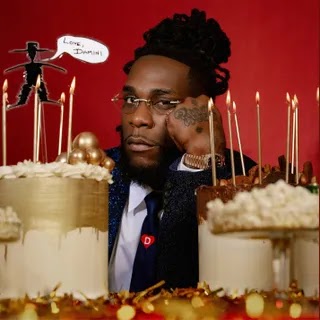


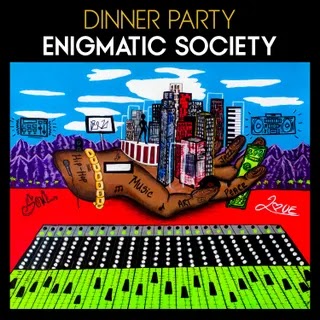
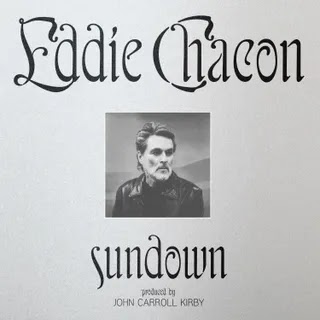
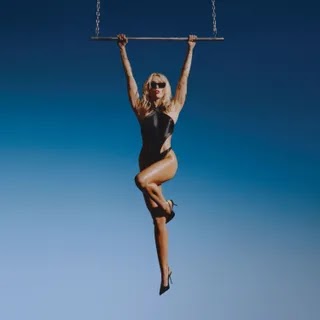


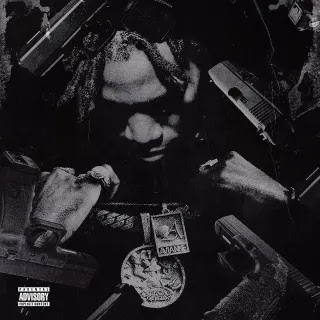
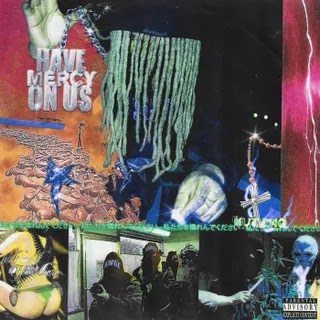
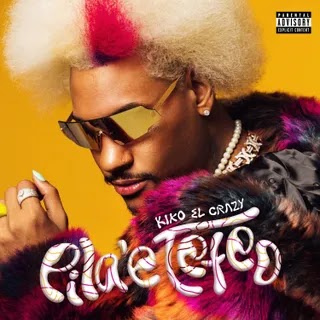
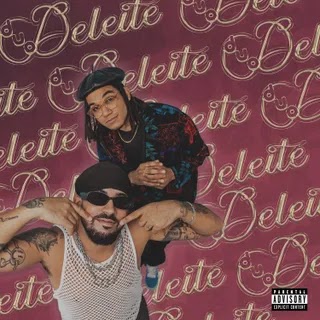
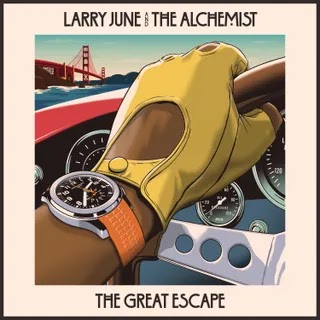


0 comments:
Post a Comment